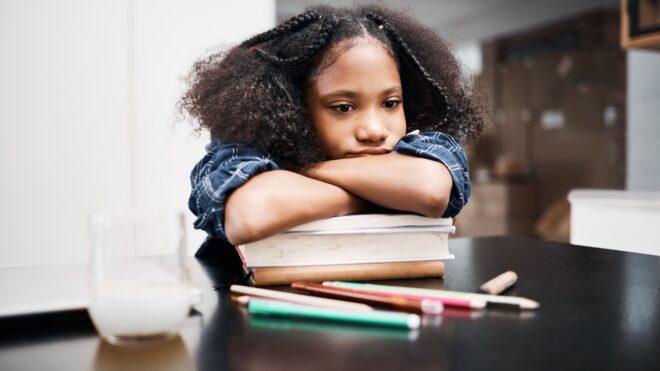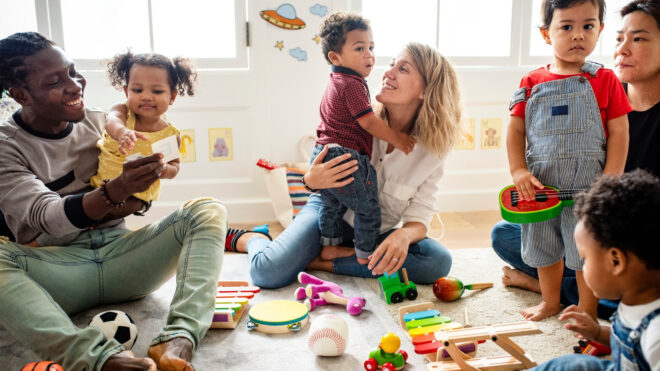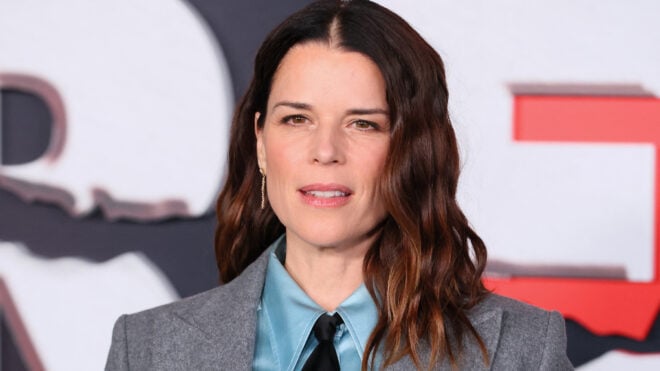
Play is incredibly important for all kids. After all, play is what childhood is all about. But play is also crucial, not just for having fun but for learning, as well. But for kids with attention-deficit/hyperactivity disorder (ADHD), play isn't just important. It's crucial for learning, for mental health, and so much more.
We know that play is an essential component of a child’s development. But when it comes to kids who struggle with focus, sitting still, or other behavioral issues that often impact kids with ADHD, it's nonnegotiable. Play makes for happier, calmer, and more focused kids.
Here are six reasons why kids with ADHD absolutely need to maximize playtime.
1. Play helps them when it's time to focus.
Kids with ADHD often have a lot of difficulty sitting for long periods of time. Their energy is boundless, and that means they need to move! Play can help reduce some of the impulsive behaviors kids with ADHD may exhibit while struggling to sit still, thus helping them focus and learn.
It's not always easy for kids with ADHD to sit at a desk all day, regardless. Talking to your child's teacher about extra breaks to get up and move around and making sure they don't miss recess or special subjects like gym are great ways to ensure they get some movement in. Likewise, walking to and from school or getting their energy out in positive ways after school can go a long way in achieving better focus.
2. Active play contributes to a better mood.
Kids with ADHD are at a greater risk for certain mood disorders. But movement and play can help, especially when it comes to active play. Team sports, running, play fighting, and wrestling are just a few activities that are especially great for kids with attention differences. Being physically active can provide a fun reprieve from the stressful experiences in life, as well as give them some extra mood-boosting endorphins.
3. Play helps with developing social skills.
Play is so important for kids with learning or attention differences because it actually helps them learn to get along. Child's play is really quite sophisticated! When kids get to have free play, they aren't just having fun, they're figuring out how to interact with one another. Because kids with ADHD sometimes have more difficult struggles when learning to get along with peers, free play becomes even more important.
4. Playtime actually helps the brain develop.

There are a lot of treatments for ADHD out there. But play might be the very best one! That's because it actually can help the brain to develop. Research shows that play can allow the frontal lobe of the brain to develop. That means the more kids play, the better they will be at things like self-reflection, imagination, and empathy.
5. It's the best kind of stress relief.
Who says that just having fun isn't a good enough reason to play? Kids with ADHD often deal with feeling overwhelmed, especially by activities that require them to sit still and focus. Maximizing their playtime is the best way to let go of the daily stressors that might be bogging them down.
6. Movement means better performance.
When kids move, especially kids with ADHD, they actually have been shown to perform better. It's not magic. But it's close. It's science! Studies show that kids with ADHD perform better on the same tasks after movement. They are also better behaved in school when they have recess.
It's all the more reason to play, then play some more.







